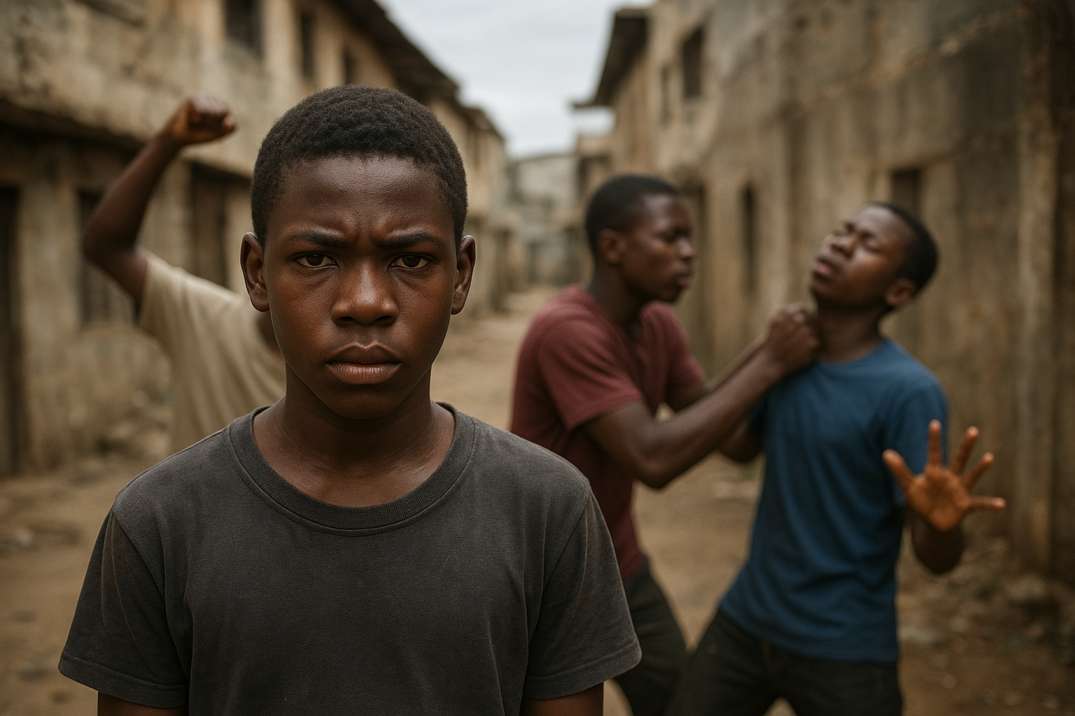Juvenile delinquency as a norm or not: is this a phase all humans go through, or is it an adopted way of life among young adults? Are we to blame it on upbringing? Peer pressure or lack of sound societal norms? As defined by Wikipedia, juvenile delinquency is the unlawful or antisocial behaviour by minors, typically defined as individuals under the age of 18, that would be considered a crime if committed by an adult. It encompasses a range of behaviours from more serious crimes like rape and homicide to less serious acts like truancy and running away from home. Factors such as poor parenting (proper parental guidance), family disorganisation, social disorganisation, and involvement in delinquent subcultures can contribute to juvenile delinquency.
In Nigeria today, the society is embedded in ills such as advanced free fraud (yahoo yahoo), prostitution, rituals, theft, robbery, hard drugs, larceny, alcohol offences, disturbing public peace, drug offences, vandalism, assault, criminal trespass, harassment, burglary, loitering, illegal possession of weapons and crimes committed on behalf of gangs. The question is, should this norm be accepted, considering the morals and values each family uphold, or is this generation experiencing a decline in its moral values? How did we get to the point where young adults no longer care about their ‘family name’ but would rather throw it into the mud?
The number one cause can be traced to economic hardship. Presently, Nigeria is undergoing some national reforms that have plunged its citizens into untold hardship, with parents/caregivers unable to meet the basic needs of food, shelter and clothing.
Another reason why parents and society have become nonchalant in the issue of driving high morals is negligence of duty. These days, the urge to make money at all costs has rendered parents unable to train their children/wards properly, exposing them to the dangers of society.
There are four main types of juvenile delinquency, which are individual, group-supported, organised and situational.
Individual juvenile delinquency refers to when an individual minor engages in the above-listed vices. Group supported means when a group of young individuals, either of the same age group or neighbourhood, engage in crime. Organised delinquency is when the system supports the crime, and situational is when the crime is done accidentally or succumbing to severe peer pressure or committing the crime without fully knowing the implications.
To treat juvenile delinquency, the young adult may be referred to a psychotherapist who will offer counselling services, which will, in turn, bring about an amendment in their attitude and behaviour, instead of sending them to a correctional facility where mental health services are either not available or are inadequate.
In conclusion, it is true that juvenile delinquency is a norm that has eaten deep into the fibres of society. This menace can be reduced to its barest if all hands, i.e. government, family and society, rise up to the occasion and ensure that everyone plays their role efficiently.
Written by: ThankGod Enaholo Airiohuodion (awakenigeria)



